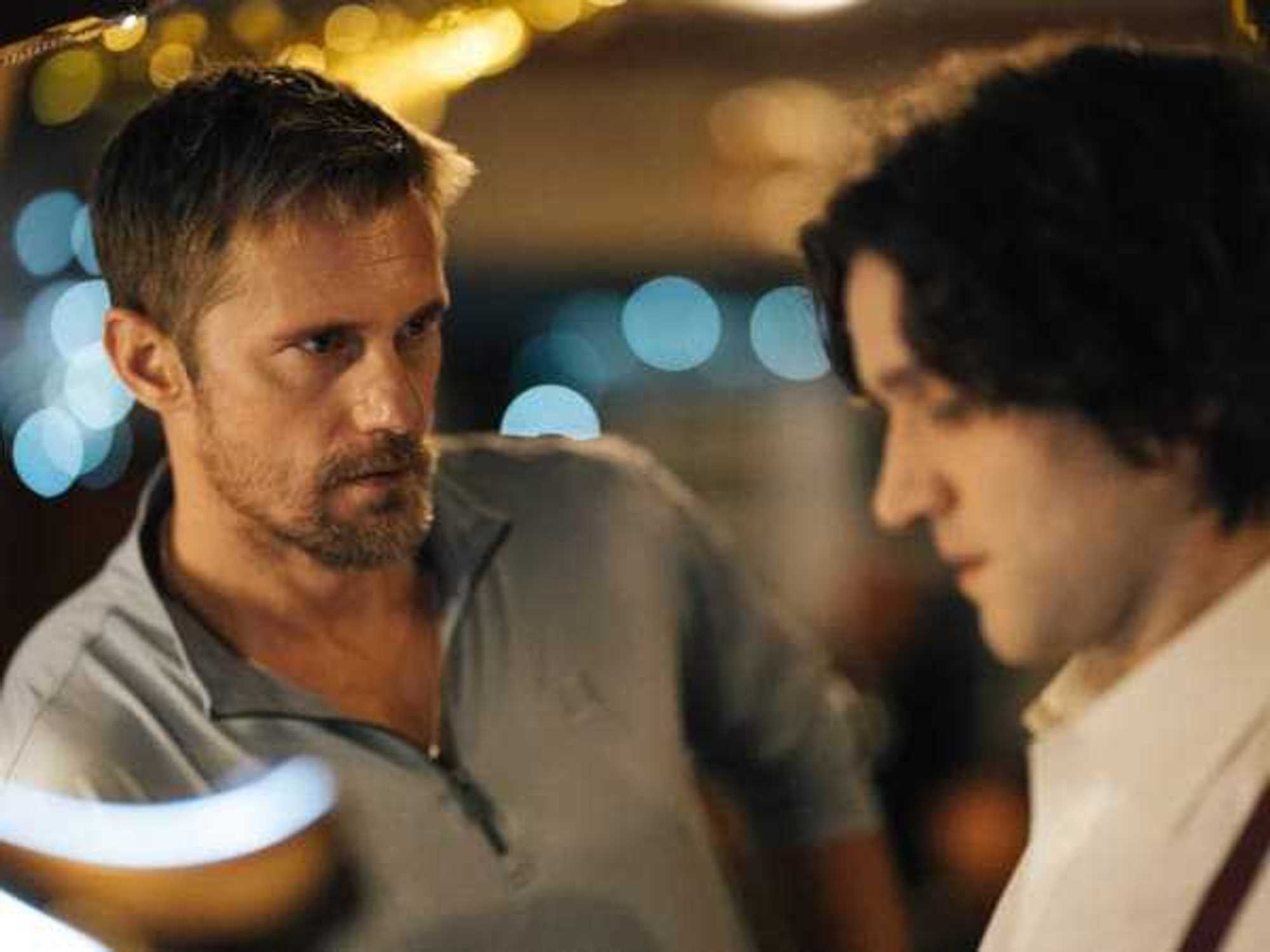Rooney or Messi?
On the ground in Johannesburg: World Cup furor — traffic — already at a fever pitch
Gerardo Chapa is the producer of 20/10, a documentary about the 2010 World Cup. The movie's descriptor reads: "For a month this summer, for 90 minutes at a time, an inexplicable phenomenon will unite people of all ages, creeds and colors. Every four years, beggars and kings, whites and blacks, women and men gather to indulge in the revelry of this sensation. For the first time ever, the catalyst for this fever will take place in Africa."
Chapa is on the ground in South Africa as the world's biggest sport event looms. Here's his first-person account, exclusive to CultureMap.
Since our arrival on April 19th, we’ve been bombarded with countdowns of how many days are left before the opening match of the 2010 World Cup. Considering we spend about three hours per day in our rented Hyundai, there’s been no need to ask each other, “How many days do we have to find our characters?”
An Icelandic volcano had already delayed our arrival and threatened to derail our entire project, but now a more familiar obstacle stood in our way: Johannesburg traffic.
Initially, the lessening days to the start of the tournament were a source of wonder because of how quickly they diminished. Gradually they became a barometer of the interest levels building in the media and in society in general. Increasingly the words "Twenty Ten" are thrown around as if the World Cup were all South Africa had ever been waiting for.
As if everything up to now — the demise of apartheid, the birth of the New South Africa, the successful Rugby World Cup in 1995 and the disastrous Cricket World Cup in 2003 had just been rehearsals for the real thing.
However, after the initial euphoria of being awarded the World Cup had subsided, concerns were raised for the first time about the longevity of the benefits of having the world’s biggest sporting circus in South Africa's backyard. A lot of people questioned the wisdom of building so many huge stadiums that will be difficult, if not impossible, to fill again. An entire film was produced to expose this “sinful misappropriation of resources.”
But now that there are less than two weeks to go, it seems those concerns have either been dealt with or conveniently shelved, to be faced when the circus moves on.
It’s been said that the logistical inconveniences would be overshadowed by the hospitality and charm of the hosts, and so far we can almost unequivocally verify this assertion. Sure, we had our GPS system stolen at a traffic light (or "robot," as they call them here), but that was a small price to pay for what we’ve been offered: Meals to eat, people to meet, beds to sleep in, offices to work from and daughters to marry.
These are indeed a generous people.
As the opening match between South Africa and Mexico fast approaches, World Cup paraphernalia seems to be growing out of every nook and cranny. Cars are festooned with flags, every conceivable body shape is draped in football shirts and whole buildings are being patriotically painted the colors of the national flag. Street hawkers are doing such a bustling trade that they go from one minute looking like walking Christmas trees — so many of the flags they’re offering for sale hanging off them — to the next looking like trees that have lost all their leaves.
Names like Drogba, Rooney and Messi are suddenly on everyone’s lips, and it appears that when the first whistle blows, there may even be a few wives who actually understand the offside rule.
And new concerns have arisen in the popular press. No longer are they worried about wasted expenditure or white elephants, but about whether essential projects will be finished in time. We can’t even drive to the market without running into roadwork and closed lanes — we've learned to add 20 minutes to the estimated time on our TomTom.
Realizing that the traffic was threatening our sanity, we found new methods of entertainment for our daily travels. The first week, we interviewed strangers in neighboring cars, became the first civilians to test drive the freshly paved highway lanes and tested our off-road capabilities.
And a new measure of social status has emerged by virtue of which game you hold tickets to — “Oh you’re not going to the final? What a pity ...”
And of course genuine football fans — now that they are starting to believe it's all real — are beside themselves with excitement. Others, like our local cameraman, are just looking forward to the parties. And most, namely the Soccer City construction workers who sold us the free tickets FIFA had given them for 150 Rand, just want to make a few bucks. No one is expecting to do any work from the 11th of June to the 11th of July, and no one dares go anywhere.
It's a feeling in the air: “Bring it on — we are ready.”
